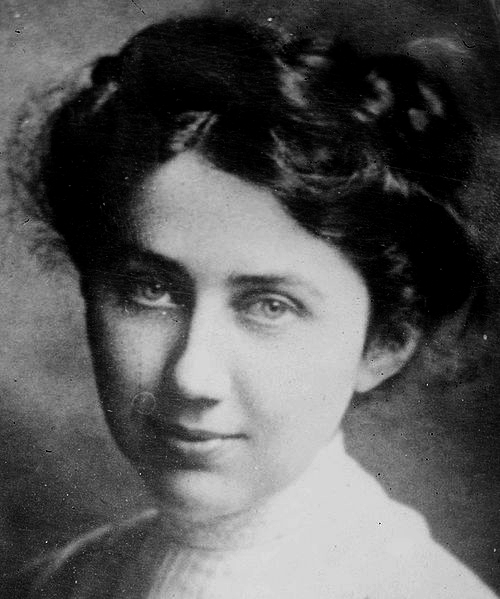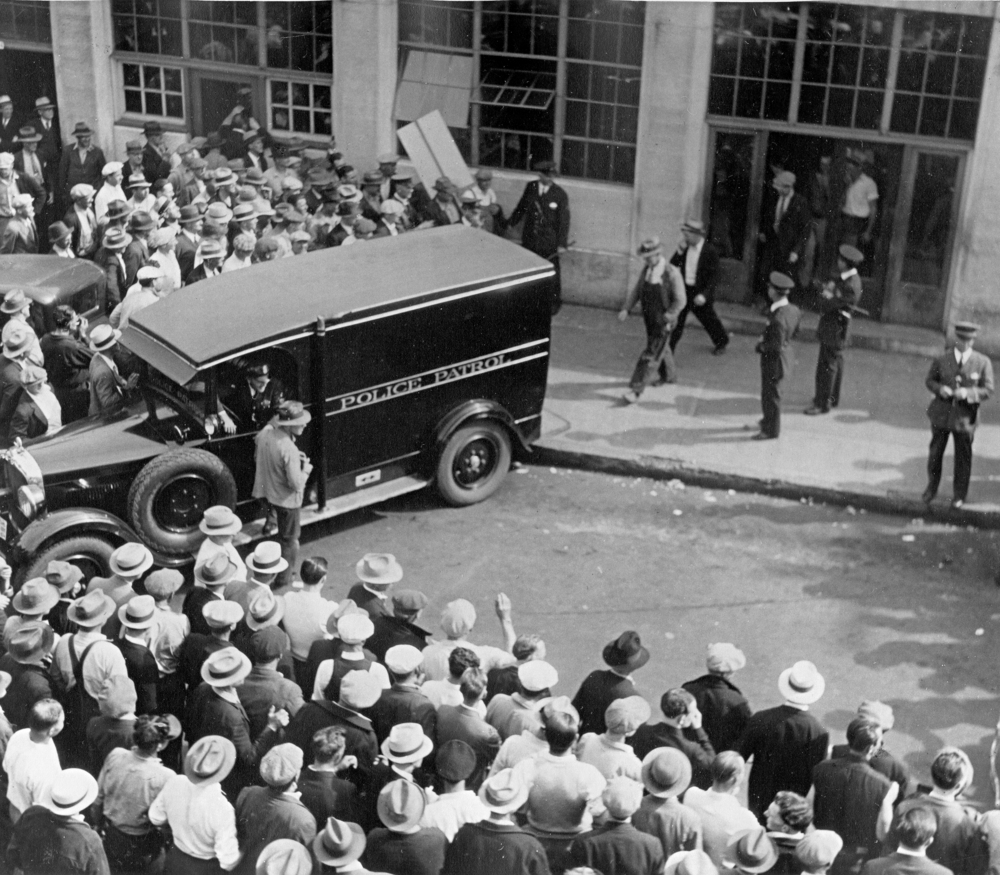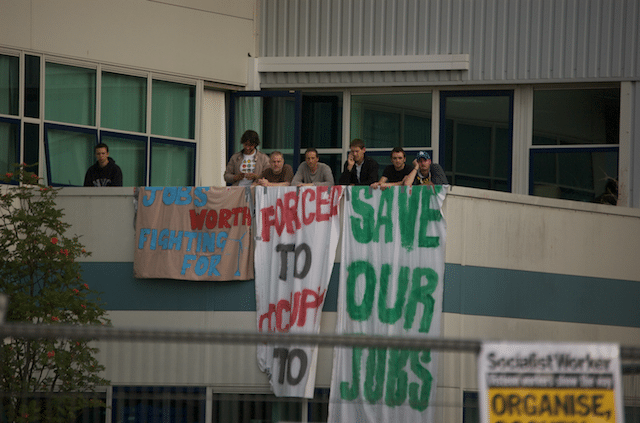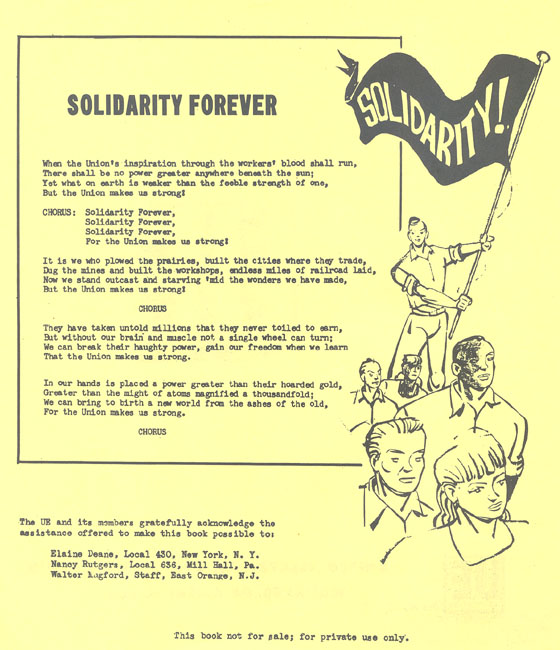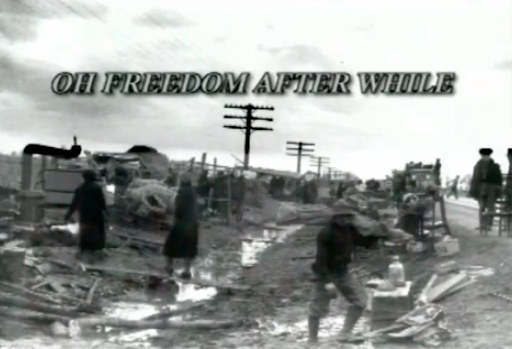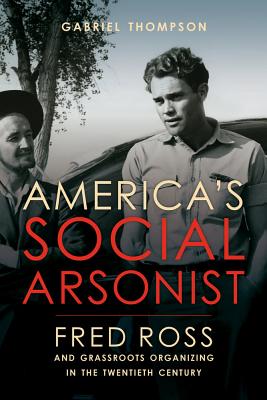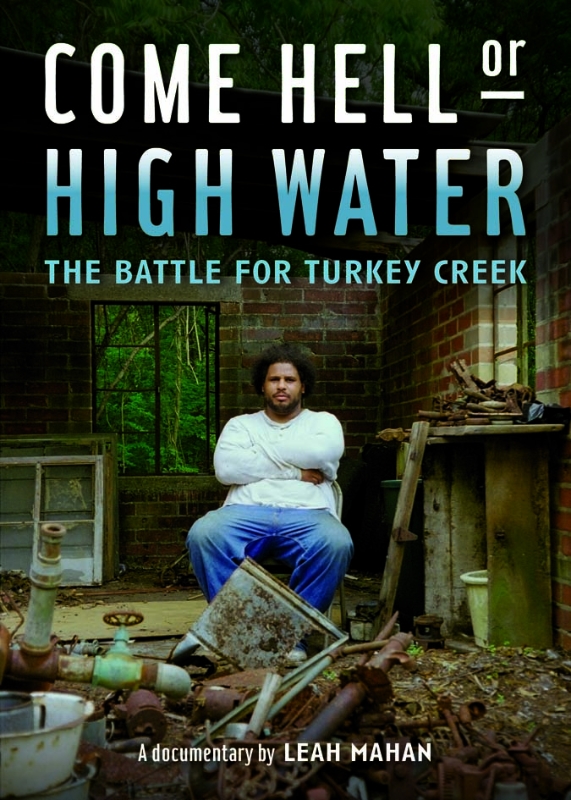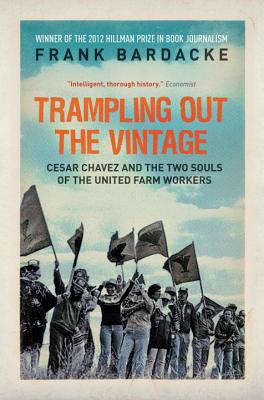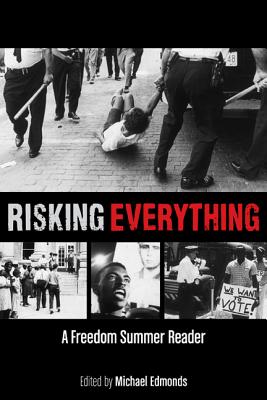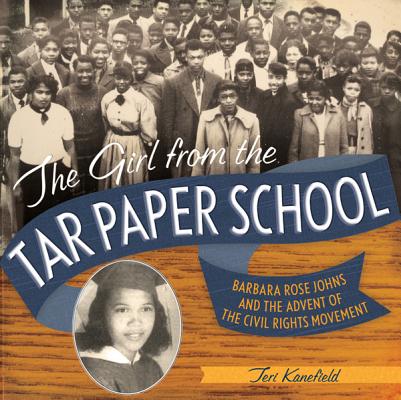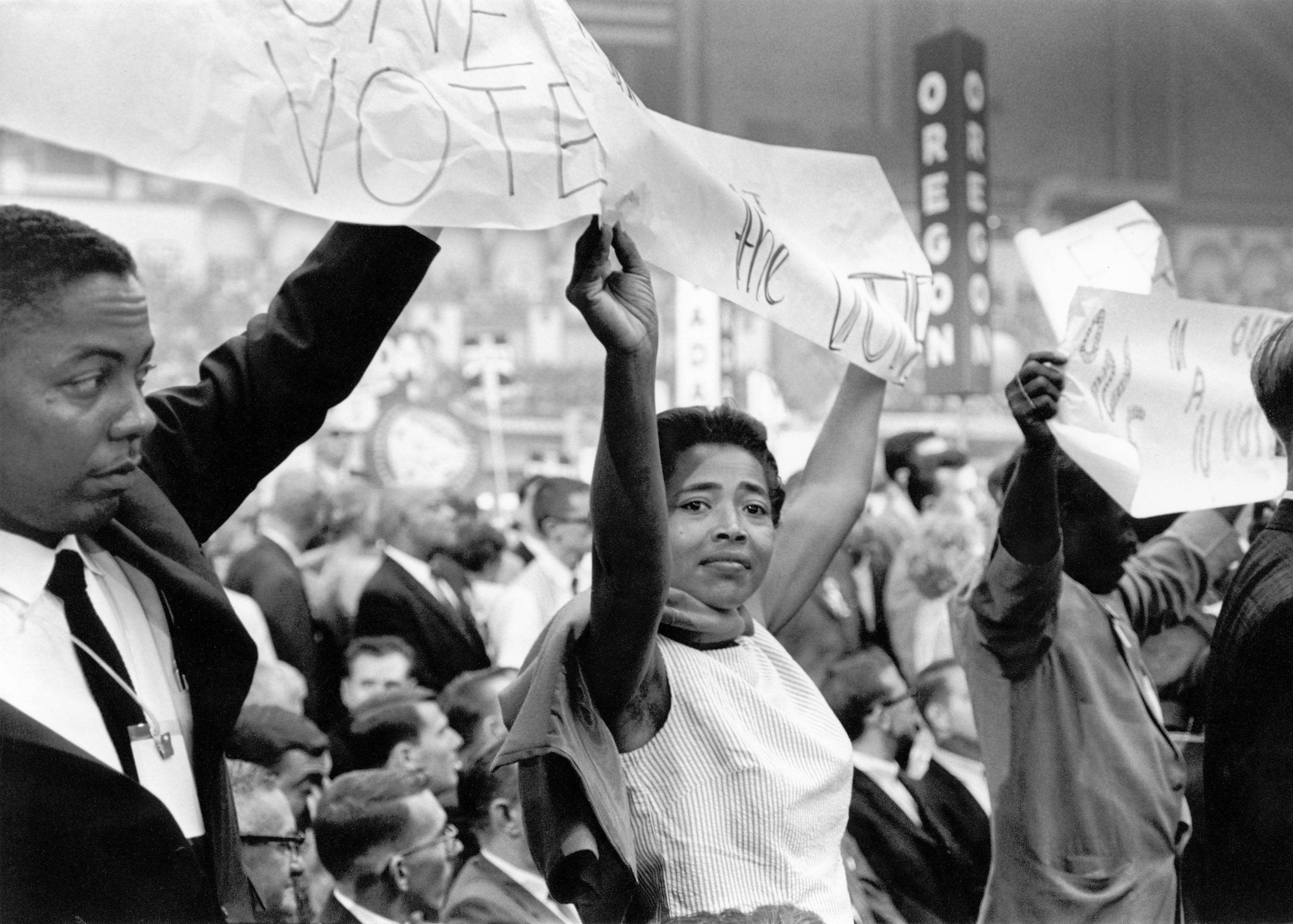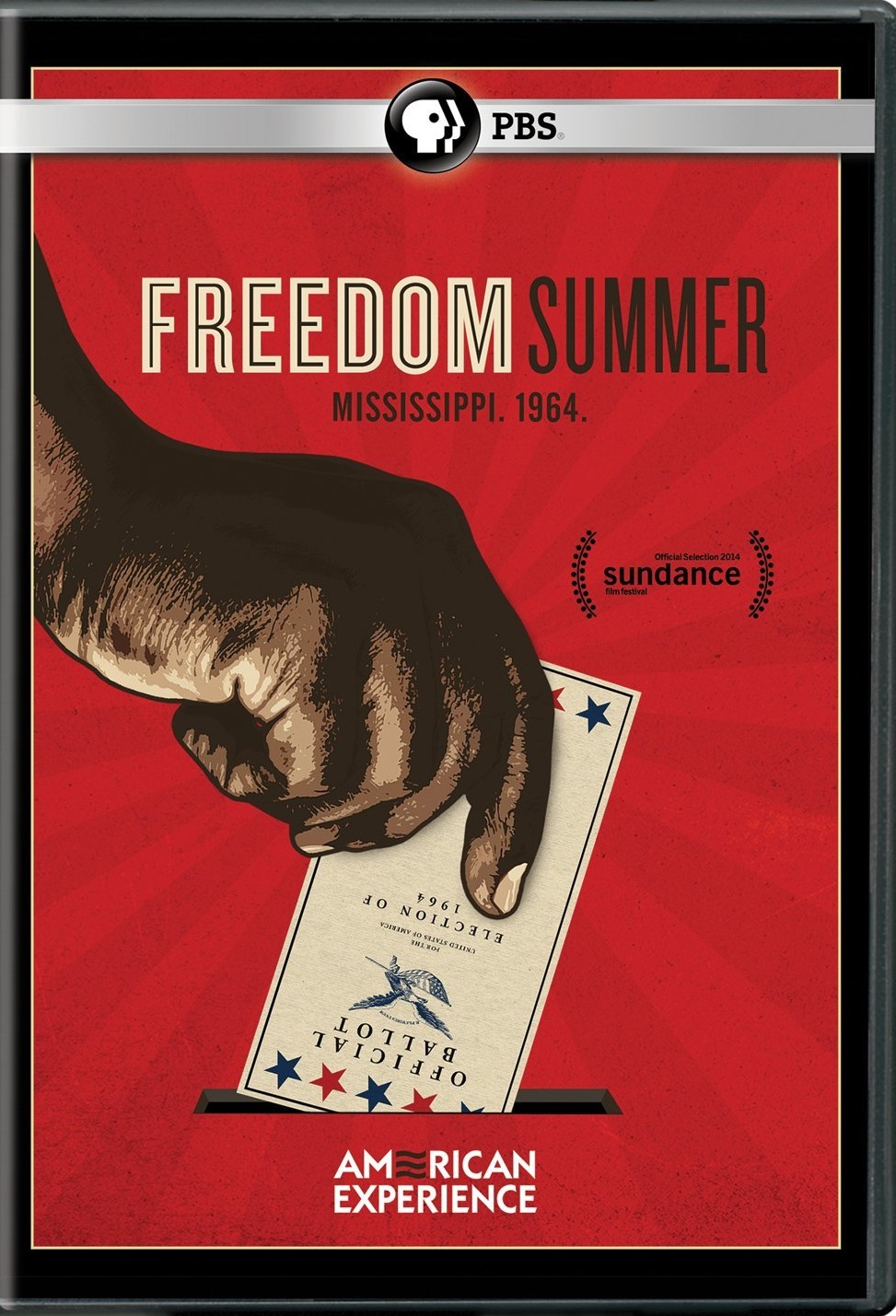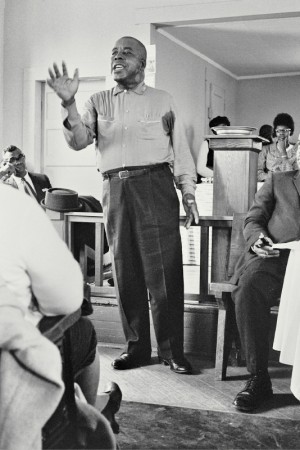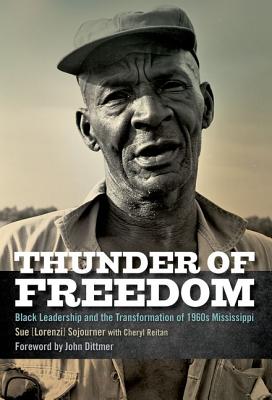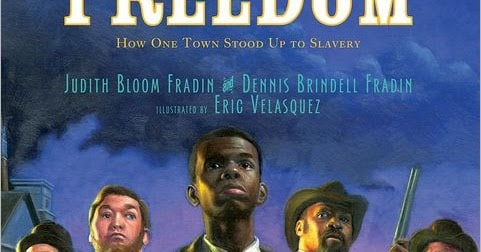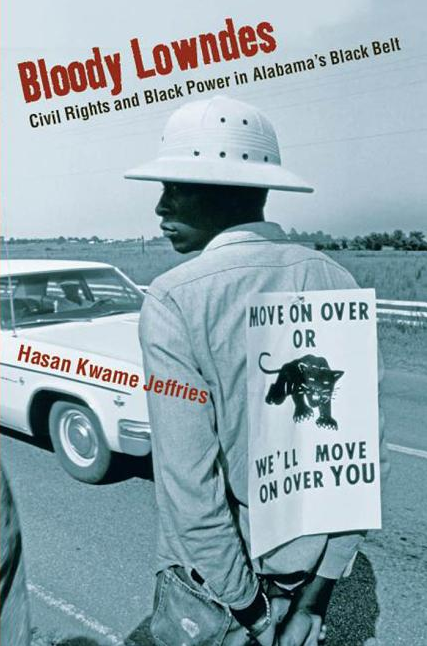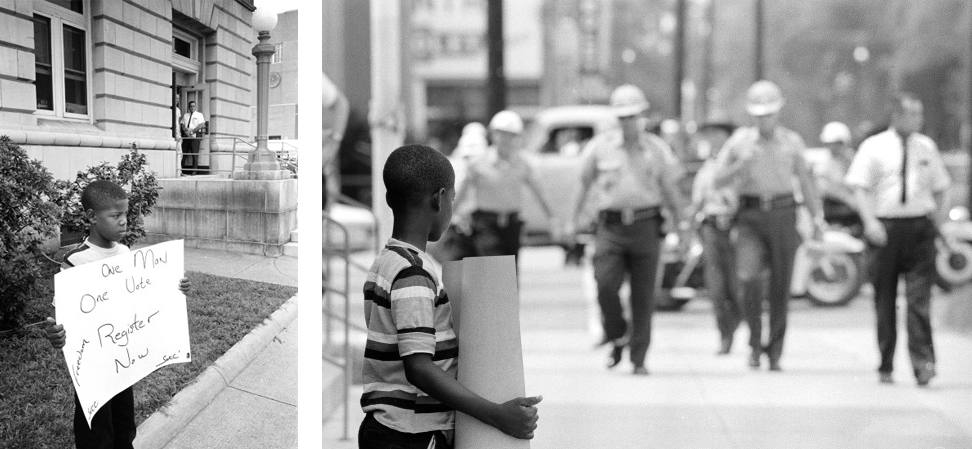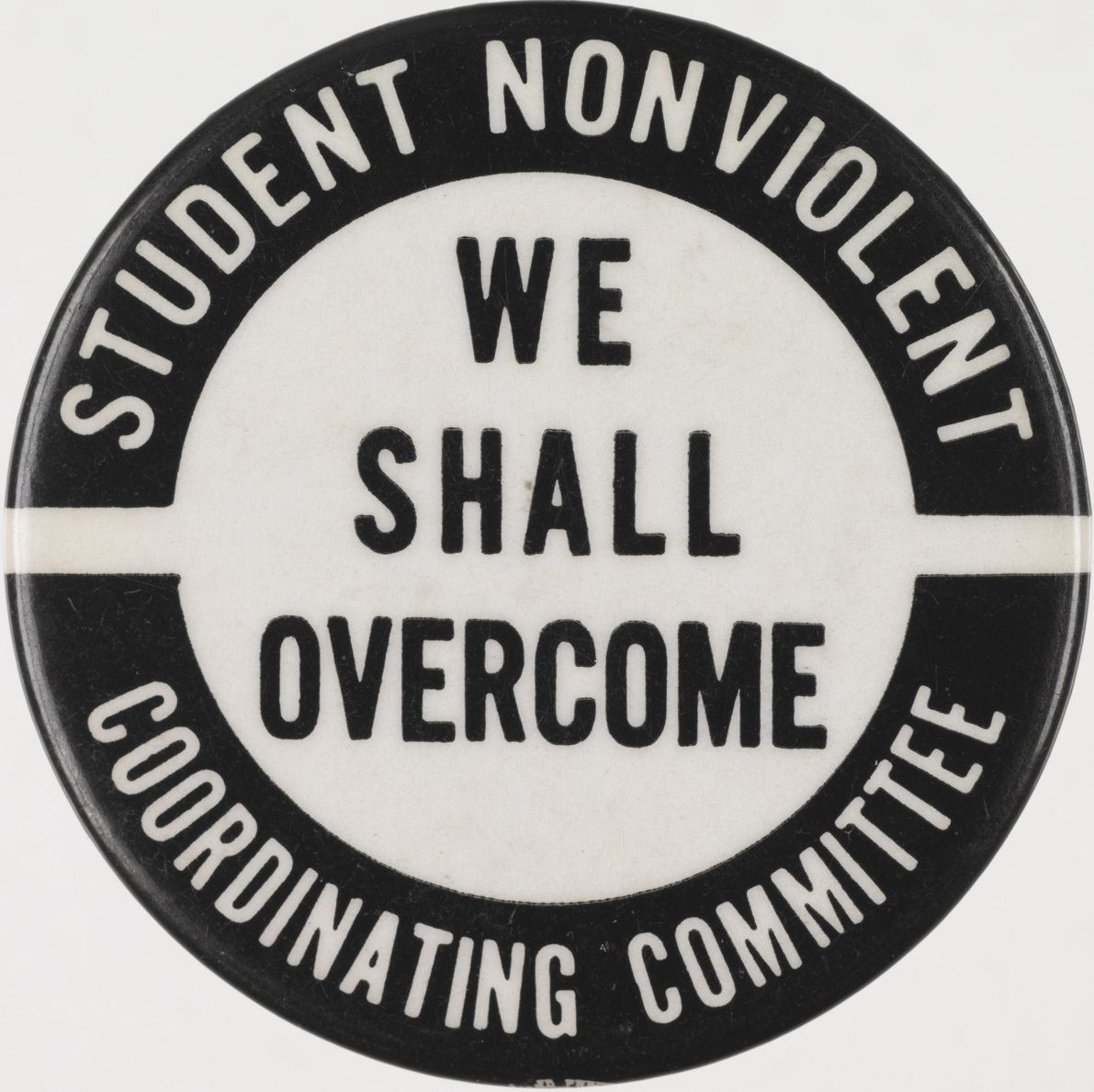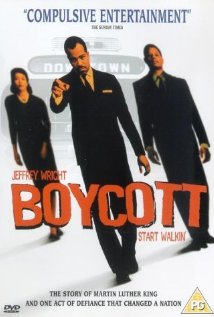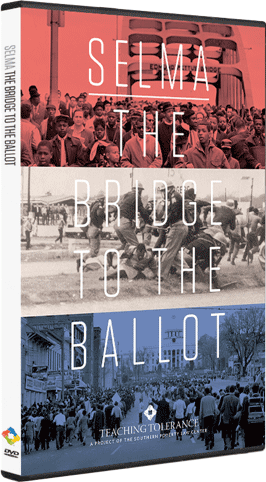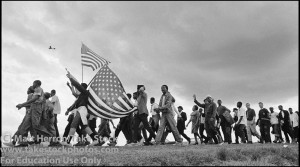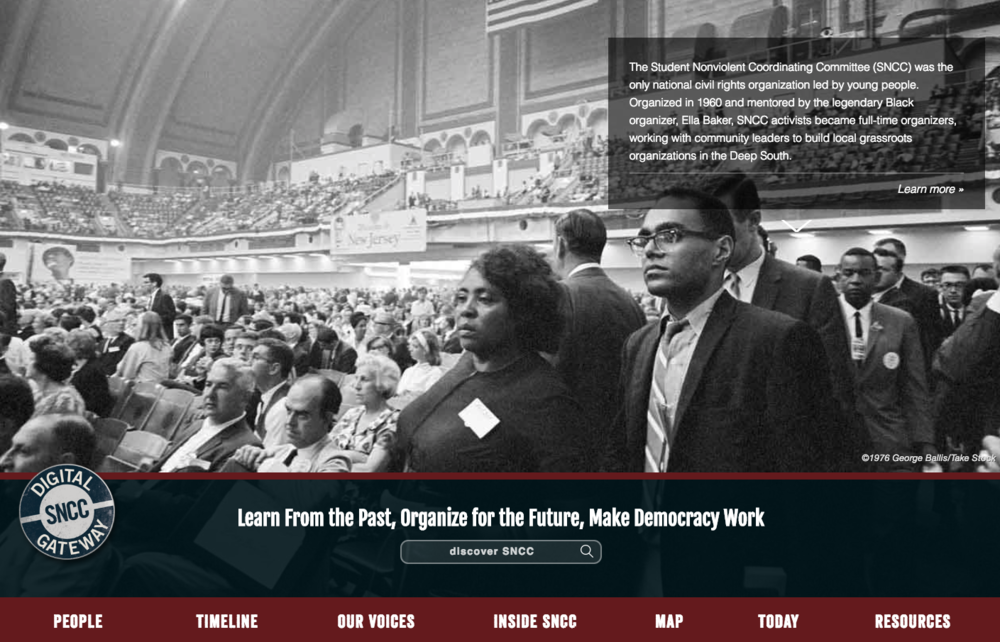Teaching Activity. By Bill Bigelow and Norm Diamond. 7 pages.
Writing activity for students to complete the narrative of women workers striking at a glove-making factory, exploring possible outcomes.
Continue reading
Teaching Activity. By Bill Bigelow and Norm Diamond. 20 pages.
Students “become” several of the social groups who participated in the 1934 Longshore Workers Strike — some of whom had to answer the question, “Which side are you on?”
Continue reading
Teaching Activity. By Bill Bigelow and Norm Diamond. 4 pages.
Activity for students to write from the point of view of one of the women featured in the film Union Maids.
Continue reading
Teaching Activity. By Bill Bigelow and Norm Diamond. 14 pages.
In this role play activity, students assume the roles of union members and attempt to figure out how to respond to a threatened plant closure.
Continue reading
Teaching Activity. By Bill Bigelow and Norm Diamond. 7 pages.
Students explore the power of songs to build solidarity and increase understanding. This is the final activity from Bigelow and Diamond’s labor history book, The Power in Our Hands, and draws on the other lessons.
Continue reading
Film. Directed Steven John Ross and written by Candace O'Connor. 1999. 56 minutes.
Archival footage, photographs, and first-hand accounts of sharecroppers — Black and white — organizing in Missouri.
Continue reading
Profile. By Gabriel Thompson. 2013.
Introduction to little-known but influential labor organizer Fred Ross (1910-1992), who trained many activists of note including Dolores Huerta and Cesar Chavez.
Continue reading
Profile. Zinn Education Project.
Brief bios of two dozen women of note in the labor movement.
Continue reading
Film. By Leah Mahan. 2013. 60 minutes.
Documentary about the impact of “development” on a historically African American community in Gulfport, Mississippi.
Continue reading
Book — Non-fiction. By Frank Bardacke. 2012. 848 pages.
A reappraisal of the political trajectory of Cesar Chavez and the United Farm Workers.
Continue reading
Book — Non-fiction. By Kay Mills. 2007. 390 pages.
First-hand accounts of Fannie Lou Hamer's emergence as a leader of the Civil Rights Movement of the 1960s.
Continue reading
Book — Non-fiction. Edited by Michael Edmonds. 2014. 250 pages.
Anthology of first hand accounts and primary documents from the 1964 Mississippi Freedom Summer Project.
Continue reading
Book — Non-fiction. By Teri Kanefield. 2014. 56 pages.
Illustrated book of a teenager who led a student walk out to protest substandard conditions at a Virginia high school in 1951.
Continue reading
Teaching Activity. By Julian Hipkins III, Deborah Menkart, Sara Evers, and Jenice View.
Role play on the Mississippi Freedom Democratic Party (MFDP) that introduces students to a vital example of small “d” democracy in action. For grades 7+.
Continue reading
Film. Written, produced, and directed by Stanley Nelson. 2014. 120 minutes.
Documentary about 1964 Freedom Summer in Mississippi.
Continue reading
Profile.
Hartman Turnbow (March 20, 1905–August 15, 1988), was Mileston, Miss., farmer and fiery orator known for inspiring people during the Civil Rights Movement.
Continue reading
Book — Non-fiction. By Sue [Lorenzi] Sojourner, with Cheryl Reitan. Foreword by John Dittmer. 2013.
Documents the role of unsung heroes in the voting rights struggle in Holmes County, Mississippi.
Continue reading
Picture book. By Dennis Brindell Fradin and Judith Bloom Fradin. Illustrated by Eric Velasquez. 2013.
Story of John Price's escape to freedom with the help of the Oberlin–Wellington Rescue.
Continue reading
Book — Non-fiction. By Hasan Kwame Jeffries. 2010. 372 pages.
History of the role that activists in Lowndes County played in spurring Black activists nationwide to fight for civil and human rights in new and more radical ways.
Continue reading
Article. By Howard Zinn. Excerpt from Chapter 5 of You Can't Be Neutral on a Moving Train.
Howard Zinn’s first-hand account of Selma’s Freedom Day in 1963.
Continue reading
Founding of the youth-led Civil Rights Movement organization, the Student Nonviolent Coordinating Committee.
Continue reading
Film. By Clark Johnson. 2001. 120 minutes.
Dramatic account of the Montgomery Bus Boycott.
Continue reading
Film. Produced by Bill Brummel. Learning for Justice. 2015. 40 minutes.
Documentary about the students and teachers of Selma, Alabama who fought for voting rights.
Continue reading
Teaching Activity. Teaching for Change. 2015. 20 pages.
Introductory lesson on key people and events in the long history of the Selma freedom movement.
Continue reading
Digital collection. Historical materials, profiles, timeline, map, and stories on SNCC’s voting rights organizing.
Continue reading

